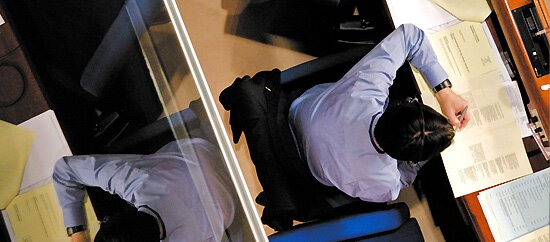
The parliamentarians who make up PACE come from the national parliaments of the Organisation’s 47 member states. They meet four times a year to discuss topical issues and ask European governments to take initiatives and report back. These parliamentarians speak for the 800 million Europeans who elected them. They broach the issues of their choice, and the governments of European countries – which are represented at the Council of Europe by the Committee of Ministers – are obliged to respond. They are Greater Europe’s democratic conscience.
PACE meets four times a year for a week-long plenary session in the Palais de l’Europe in Strasbourg. The 324 representatives and 324 substitutes are appointed by national parliaments from among their members. Each country, depending on its population, has between two and eighteen representatives, who provide a balanced reflection of the political forces represented in the national parliament. In addition to English and French, which are the Council of Europe’s official languages, PACE uses German, Italian and Russian as working languages.
The Assembly’s work is prepared by nine committees and a Bureau comprising the President of the Assembly, the 20 Vice-Presidents, the chairpersons of the six political groups and the committee Chairpersons. The Assembly adopts three types of texts: recommendations (to the Committee of Ministers), resolutions (which express its own viewpoint) and opinions (on membership applications, draft treaties and other texts submitted by the Committee of Ministers).
Secretary General
Wojciech Sawicki (born 20 March 1955 in Warsaw) heads the secretariat of the Parliamentary Assembly of the Council of Europe (PACE), having been elected its Secretary General in 2010 for a five-year term of office beginning in February 2011. From 1990-96 he served as Secretary General of the Polish Senate, the upper house of the Polish parliament, playing a leading role in helping to re-establish democracy in Poland after the collapse of communism in 1989. (Read more…)
Procedure
Committee meetings, Sessions and sittings, Official and working languages, The Table Office, Debates, Voting, etc. (Read more…)
